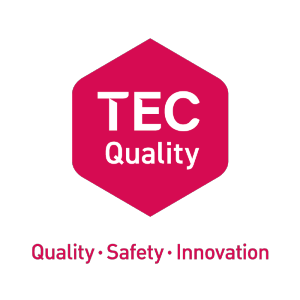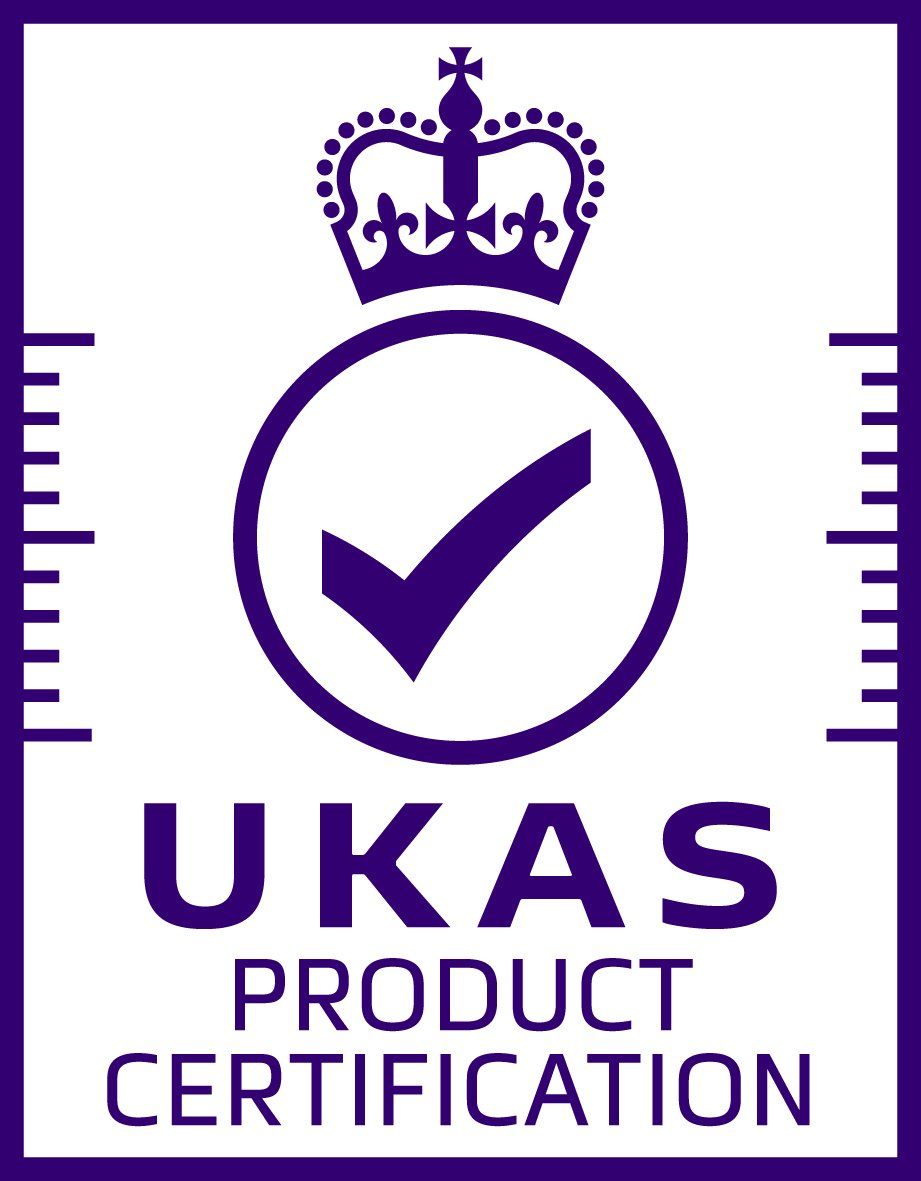Partnership Working & Integrated Services
Standards module
v3.1
Demographic changes, a higher burden of chronic disease and increasing demand for services require a different approach to service delivery - Technology Enabled Care (TEC) Services are a key component in the provision of more integrated care.
Working in partnership with key stakeholders: users and carers, primary and secondary care, commissioners, the emergency services, mental health, social care and the third sector, helps join-up pathways of care in order to meet complex needs more fully.
Cooperation and collaboration should seek to do more than just ensure that there is seamless transfer of care between partners - wider benefits include:
- More consistent, coordinated and comprehensive care
- Continual alignment with ever-changing population needs
- Enhanced information sharing between professionals
- Improved planning so that services complement rather than disrupt each other
- An emphasis on prevention and rehabilitation
For more information, get in touch
Key outcomes
- Organisations will identify and work with partners to develop a joined-up approach to service delivery
- Organisations will develop responsive and flexible service structures to support integration with new and existing services/care pathways
Audit process
The Audit Process will seek robust evidence that the key outcomes have been met.
As a minimum, TEC Quality certified organisations must:
- ** Demonstrate an understanding of the wider health and care system(s) in which they operate and their contribution to it.
- Demonstrate a proactive approach to identifying and engaging with potential partner organisations (formal and/or informal) and that there are effective working relationships when these have been established.
- Undertake an annual review with partners, on the effectiveness of the working relationship in delivering services.
- Have written procedures to support staff in signposting users, carers and customers to partner agencies which might be able to meet their wider needs.
- ** Demonstrate that feedback from key partners supports the review and planning of services.
- Demonstrate that services have been developed and revised when applicable, in line with co-production principles and best practice.
Note: The outcomes of the TAPPI project detail co-production best practices.
** Note: Does not apply to Solutions Providers
Evidence might include
- Data Protection and Confidentiality Policy
- Freedom of Information Policy
- Incident Reporting Policy
- Consent Policy
- Whistleblowing Policy
- Staff training records
- Information quality and records management audits
- Information Sharing Policy
- Information Asset Owners in place
For organisations providing clinical services:
- Information Governance Statement of Compliance (IGSoC) minimum level 2
- Named Caldicott Guardian
“Although used often, partnership and integration are two words that are much misunderstood. Despite this, there is a growing body of evidence which supports joining up pathways of care to deliver better outcomes. Integrated care will only be achieved where providers work collaboratively together. So partnership is the enabler of integration which becomes the enabler of delivering better services in the future.”
Alyson Scurfied, Chief Executive, TSA
Interested in QSF? We’re here to help!


